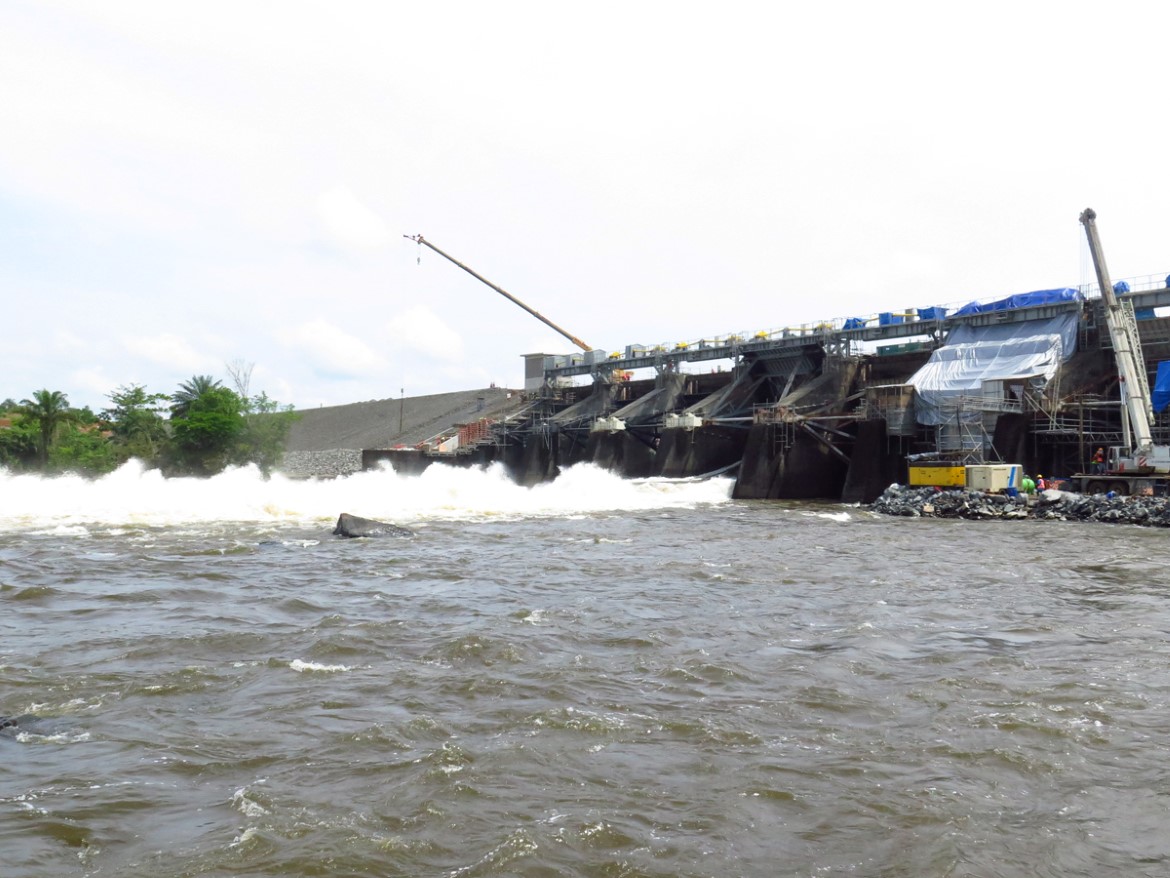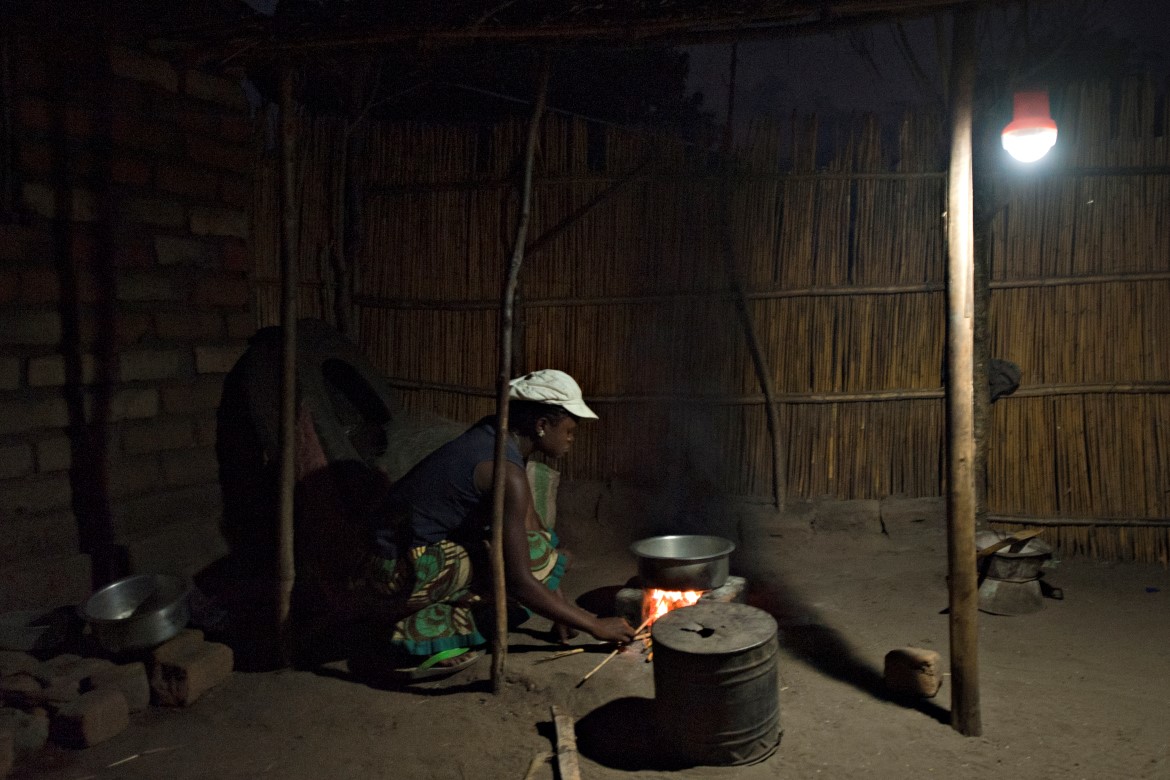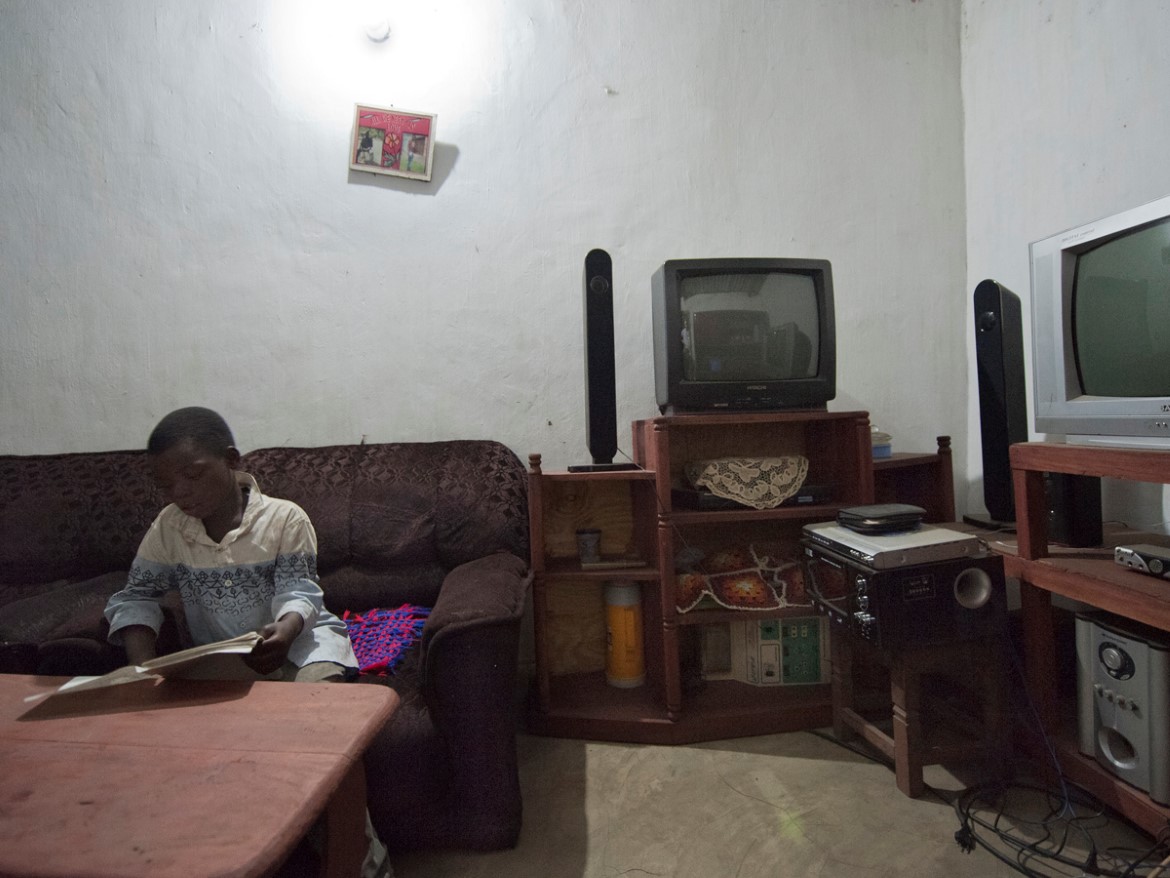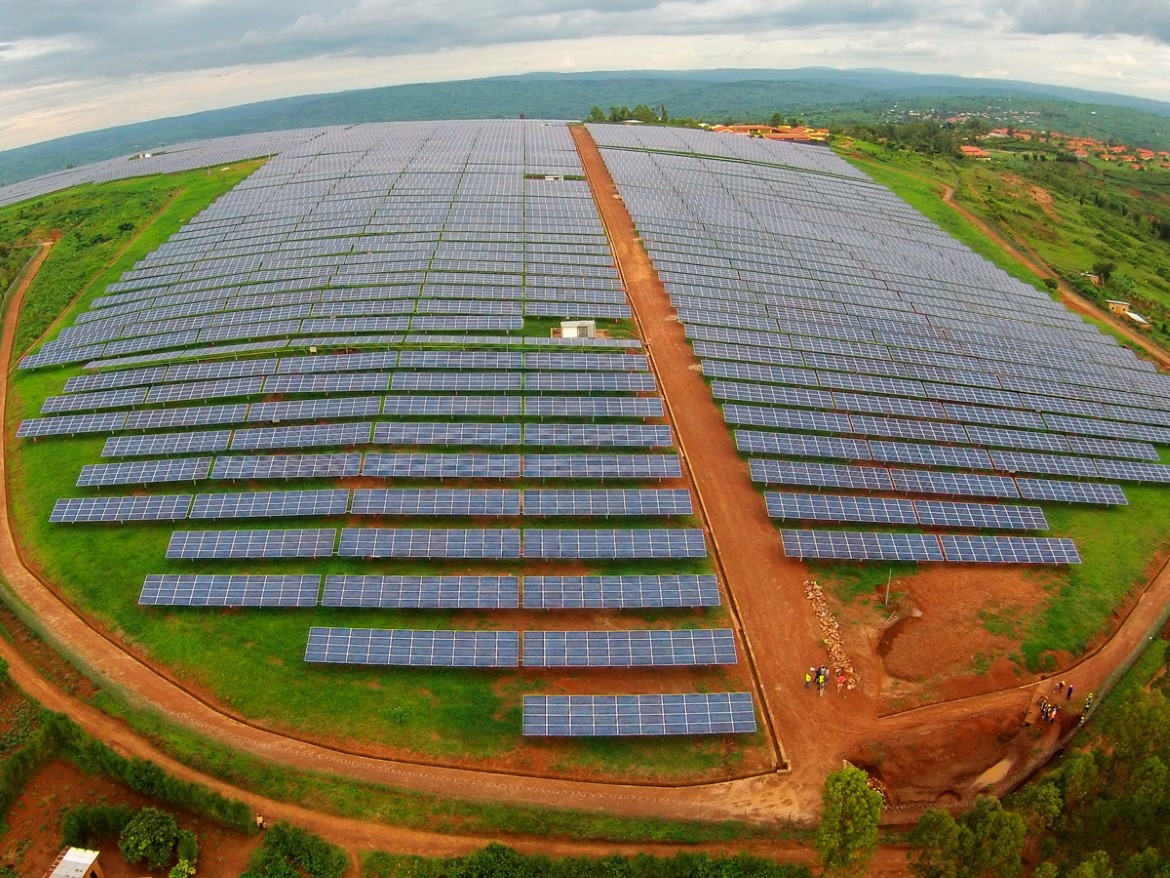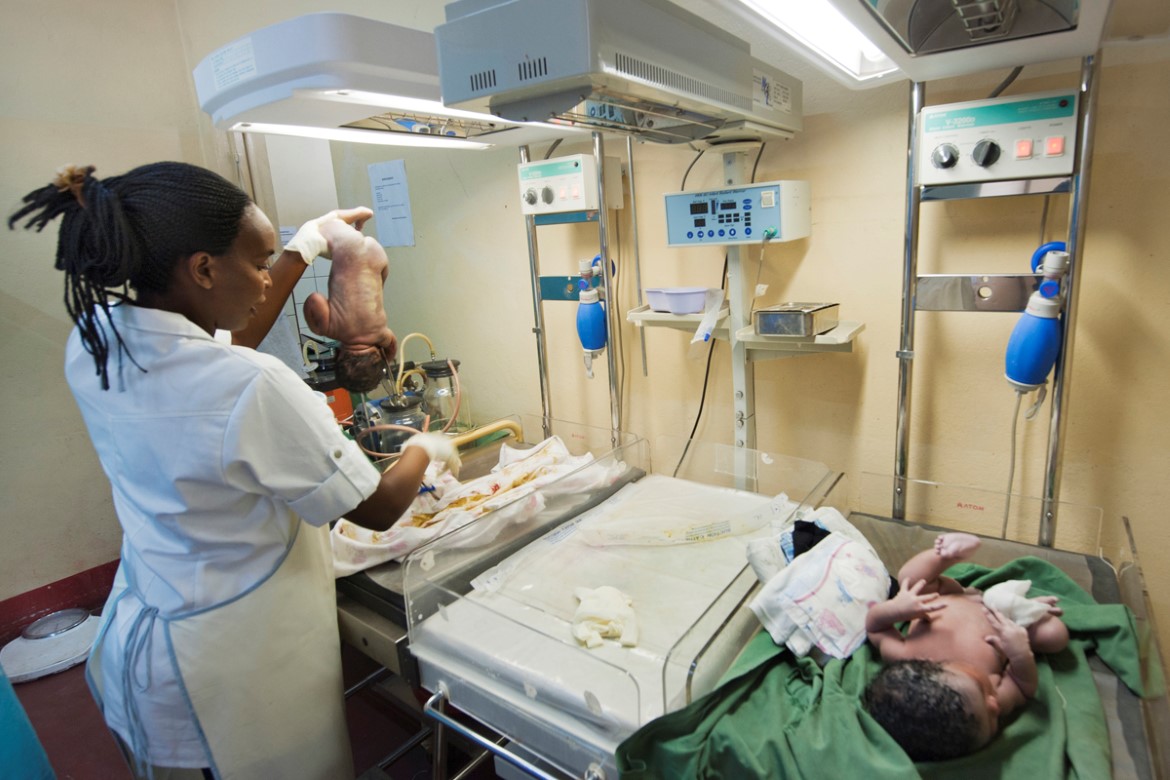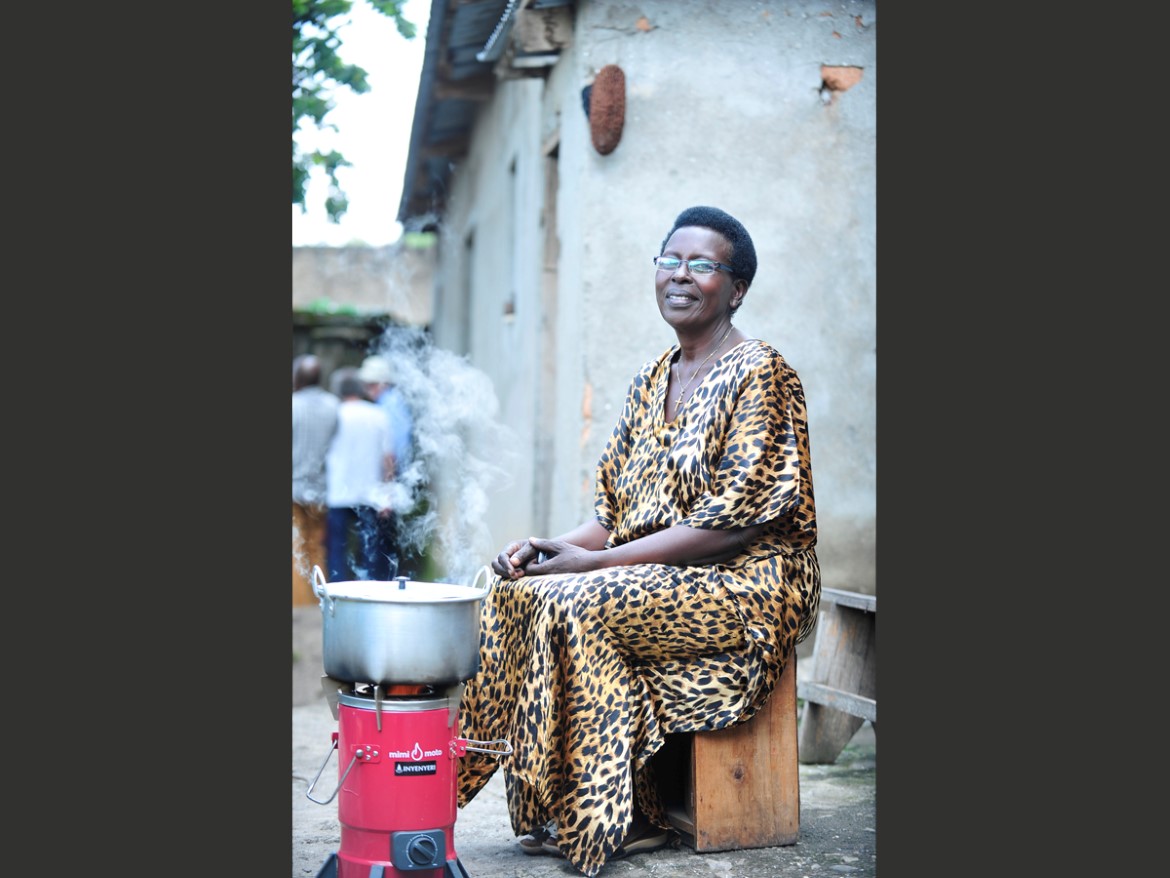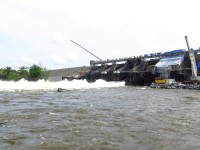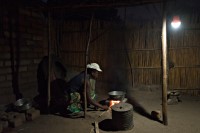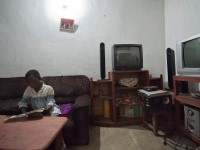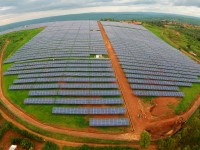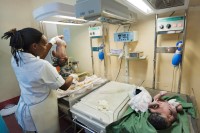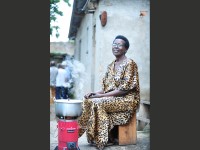Clean Energy for Development Initiative
The Clean Energy for Development aims to increase access to renewable energy in developing countries. The initiative has provided lasting results for millions of people since it was started in 2007.
Both the Sustainable Development Goals and climate agreement in Paris states that the global community must continue to supporting sustainable energy development.
Renewable energy enables economic growth and protects the environment. Sustainable, affordable and reliable energy supplies are also prerequisites for abolishing extreme poverty.
Purpose
The main objective of the Clean Energy for Development initiative is to reduce poverty, stimulate economic growth and reduce pollution.
The initiative aims to strengthen:
- The availability of clean, reliable and affordable energy in developing countries
- Energy production
- Capacity and institution building in the energy sector
Many development measures
The Clean Energy Initiative supports a wide range of projects in developing countries:
- Training of staff
- Education and research
- Technical assistance
- Development of power plants
- Development of power lines
- Cleaner cook stoves
- Solar systems for home use
- Institution building
Results
Since 2007, the initiative has contributed to clean energy for 18 million people:
- Nearly 10,5 million people gained access to electricity
- Nearly 7,5 million people gained access to better cooking appliances and biogas
Norwegian aid has contributed to the development of 6000 MW production capacity:
- Estimated to cover the annual consumption of 30 million people
- Water, solar and wind power
- Carbon emissions reduced by 24 million tonnes following Norfund’s investments
The initiative has led to the construction of 9000 kilometers of power line and distribution networks.
Eleven countries has improved their management of the energy sector.
Eight countries has strengthened research and knowledge of renewable energy. This has resulted in:
- 250 master and doctoral students in clean energy technology
- 3100 courses and seminars on clean energy
Reducing greenhouse gas emissions
Support for clean energy is central to the fight against global climate change. More than 80 percent of the world’s energy consumption is based on polluting fossil fuels.
The poorest countries are also the most vulnerable to climate change. Their livelihoods are largely based on the natural resources nearby.
Adaptation to climate change is both demanding and costly. Increased investments in renewable energy and energy efficiency are important in meeting these challenges.
Organization and financing
The Clean Energy for Development initiative is headed by the Ministry of Foreign Affairs. Norad leads the secretariat, and is responsible for professional counselling. The Ministry of Foreign Affairs and the embassies are responsible for managing most country programs. A number of partners help carry out activities in the energy sector.
The Norwegian Water Resources and Energy Directorate (NVE) contributes in institution building and training. Throughout the years, the International Center for Hydropower (ICH) has received grants through the scheme to hold courses related to hydropower development.
Norway provides support through various channels:
- Direct government grants (bilateral support)
- Multilateral organizations such as the UN and the World Bank
- International NGOs
Norway supported energy and development by NOK 16.4 billion from 2007 to 2015. The support consisted mainly of grants and commercial investments. NOK 1.9 billion went to core support for multilateral organisations.

